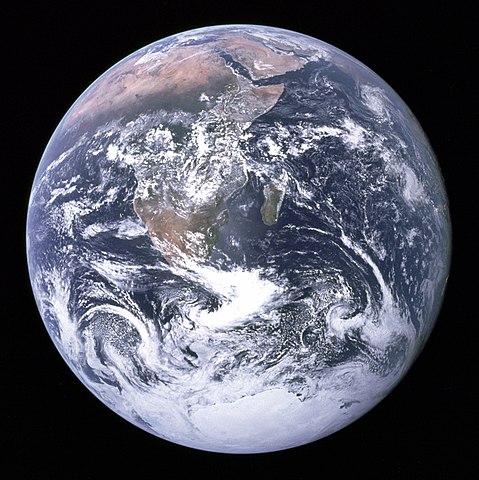This post is also available in Dutch.
Do you eat meat? Do you travel by plane, car, or rather by bike? It’s not going to be easy, but in order to protect our Earth from the consequences of climate change we all have to make more sustainable choices.
On March 10th, the Dutch will take to the streets for the Climate March in Amsterdam to call on the government to put the necessary climate regulations into place. Apart from the large pollutants such as agriculture and industry, our very own consumer behaviour has also damaged the Earth. Consequently, the times don’t only call for a change in political agenda but also for changes in our lifestyles.
Do you want a green society? Then now’s the time to critically evaluate your
own choices.
Changing our behaviour: It’s not so easy.
Choices are determined by many different things, such as our personality or our direct environment. Additionally, there are a few psychological pitfalls affecting our choices and our willingness to change them. If it’s about choosing between sooner or later, we are more likely to choose sooner, a lot of studies show. This phenomenon is referred to as delay discounting.
If we have to choose between 10 euros now or 20 euros in a year, then we usually pick the first option. This has to do with our subjectively attributed value, which decreases if the reward, or the outcome of our behaviour, takes place later in time. In other words, it’s a matter of impulse- and, in general, self- control. That’s why most people don’t hesitate when choosing between a piece of meat today or contributing to sustainability of the Earth in the future.
But our choices are rational, right?
A lot of economists like to believe that we are rational decision-makers. The expected utility model, for example, predicts that we always choose the option with the highest estimated value. Unfortunately, this is not always the case.
This is because most of us don’t really like uncertainty. So, if we have to choose between a certain four euros or eighty percent chance of receiving five euros (the highest value), most people will go for the quick money. In the same way, a lot of people choose the environmentally friendly option – which is usually also more expensive – less often because we’re not sure whether it will really affect the climate.
Choices and memories
According to neuroscientists, emotions play a crucial role when making decisions. The initial (gut) feeling unconsciously influences our thought process which then leads to a conscious choice.
This also means that we are often looking for arguments that lead to the wanted conclusion. A very nice example of this phenomenon is a recent Tweet by Donald Trump from January 29th, 2019: “In the beautiful Midwest, windchill temperatures are reaching minus 60 degrees, the coldest ever recorded. In coming days, expected to get even colder. People can’t last outside even for minutes. What the hell is going on with Global Warming? Please come back fast, we need you! – Donald J. Trump (@realDonaldTrump).”
Until there is a good climate policy that facilitates sustainable choices by consumers, our own choices are unfortunately the only thing we can use to positively influence the climate. Be aware of the many psychological pitfalls that make it difficult, but not impossible, to make choices more and more sustainable.
Written by Mahur, edited by Eva and Roeland, translated by Felix
